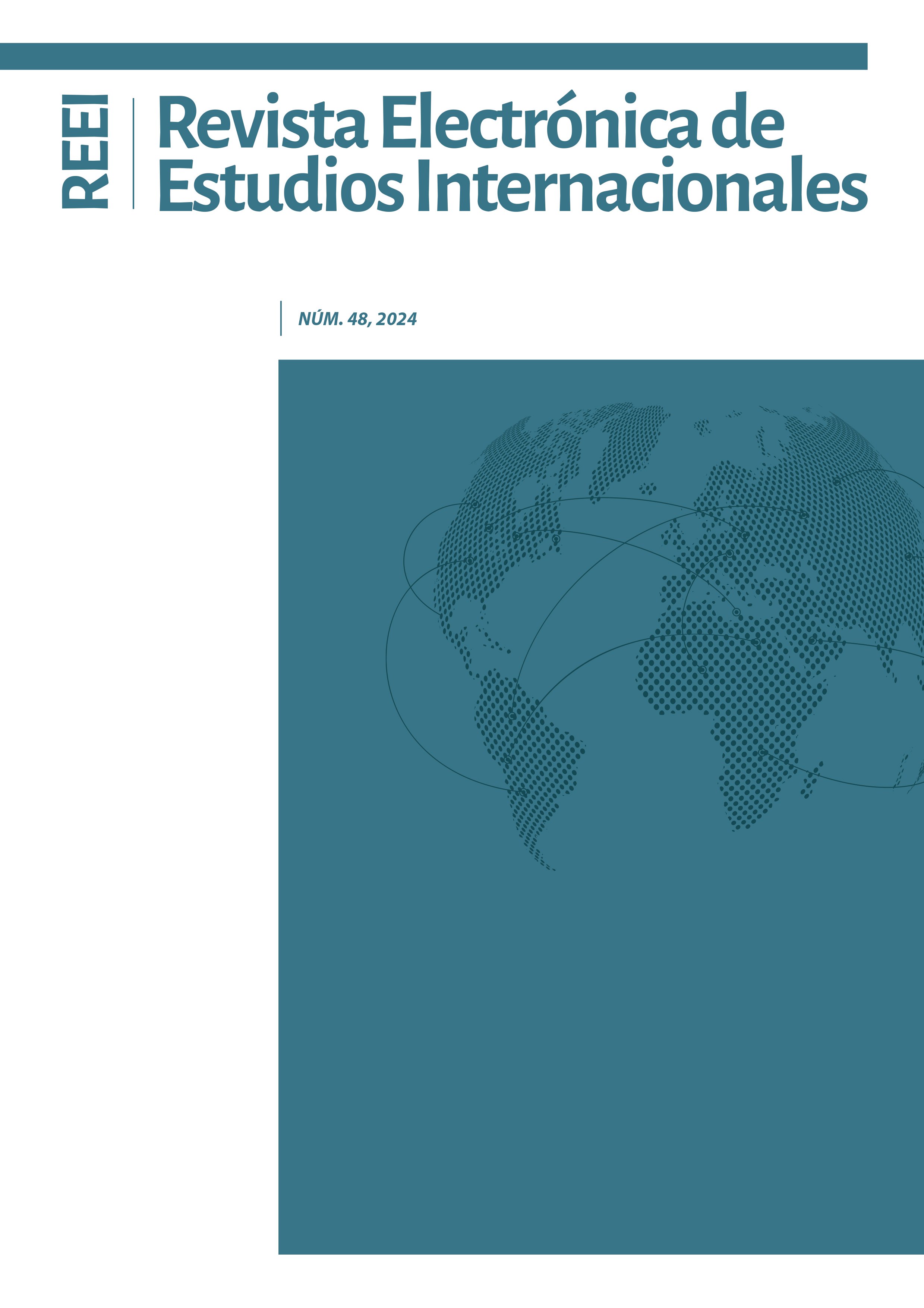The return to the classic concept of pandemic: the new WHO treaty and the amendment of the international health regulations
DOI:
https://doi.org/10.36151/reei.48.09Keywords:
pandemics, WHO, international treaty, IHR, international healthAbstract
On December 1, 2021, as a consequence of the COVID-19 pandemic, WHO members reached consensus to begin the negotiating an international treaty to strengthen prevention, preparedness and response in the face of pandemics. After a long process of negotiations, this instrument legally binding, is close to being adopted at the 78th World Health Assembly in 2025. Dozens of amendments to the IHR have been approved to ensure that the international community would prepare the international community to be able to provide a rapid and coordinated response to upcoming events about international health. In particular, in line with the future new pandemic treaty, it is proposed to include a new alert level. Thus, the Director General of the WHO will be able to declare the existence of a PHEIC, in accordance with the traditional procedure and, when circumstances justify it, will also declare that it constitutes a pandemic emergency.
Downloads
Downloads
Published
How to Cite
Issue
Section
License
Copyright (c) 2024 Revista Electrónica de Estudios Internacionales

This work is licensed under a Creative Commons Attribution-NonCommercial-NoDerivatives 4.0 International License.




